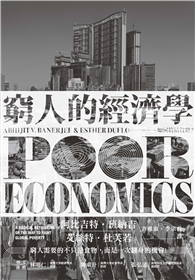This groundbreaking collection of essays is one of the first works to reflect directly and systematically on the conceptual and ethical basis for composition studies as a new discipline of written language. Phelps articulates a philosophy of composition generous enough to accommodate all the strands of current work without being overly eclectic--an open framework subject to modification and addition as the field develops. She draws on wide reading in the humanities and social sciences--including cognitive science, linguistics, literary theory, education, philosophy, hermeneutics, rhetoric, and psychology--to define the contribution and place of composition studies within the larger intellectual and cultural community. The book will therefore interest theorists and scholars in a wide variety of fields.
| FindBook |
|
有 121 項符合
Understanding the Self的圖書,這是第 11 頁 |
 |
$ 3650 | Composition As a Human Science: Contributions to the Self-Understanding of a Discipline
作者:Phelps 出版社:Oxford University Press, USA 出版日期:1991-07-25 語言:英文 規格:平裝 / 288頁 / 21.1 x 14.2 x 2 cm / 普通級/ 初版  看圖書介紹 看圖書介紹
|
|
|
圖書介紹 - 資料來源:博客來 評分:
圖書名稱:Composition As a Human Science: Contributions to the Self-Understanding of a Discipline
|











